Suckering roses plus a non-rosy summer
Melissa Northern Italy zone 8
9 months ago
last modified: 9 months ago
Featured Answer
Sort by:Oldest
Comments (14)
bart bart
9 months agoMelissa Northern Italy zone 8
9 months agoRelated Professionals
Milwaukee Landscape Architects & Landscape Designers · Annandale Landscape Contractors · Arlington Landscape Contractors · Bristol Landscape Contractors · Cary Landscape Contractors · Little Ferry Landscape Contractors · Paramount Landscape Contractors · Seymour Landscape Contractors · Thonotosassa Landscape Contractors · Vadnais Heights Landscape Contractors · Rancho Cordova Swimming Pool Builders · Roseville Swimming Pool Builders · Boston Siding & Exteriors · South Plainfield Siding & Exteriors · South Windsor Siding & Exteriorsbart bart
9 months agoMelissa Northern Italy zone 8
9 months agobart bart
9 months agorosaprimula
9 months agolast modified: 9 months agoMelissa Northern Italy zone 8
9 months agoingrid_vc zone 10 San Diego County
9 months agobart bart
9 months agoingrid_vc zone 10 San Diego County
9 months agobart bart
9 months agorosaprimula
9 months agoMelissa Northern Italy zone 8
9 months ago
Related Stories

EDIBLE GARDENSSummer Crops: How to Grow Tomatoes
Plant tomato seedlings in spring for one of the best tastes of summer, fresh from your backyard
Full Story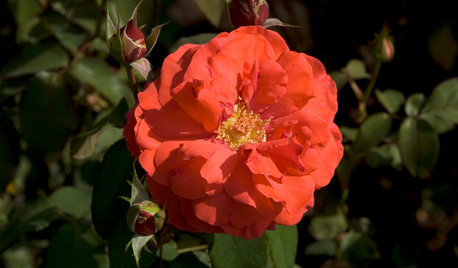
GARDENING GUIDES6 Captivating Roses for an Alluringly Fragrant Garden
Perfume your garden with aromas from richly spicy to lightly sweet, without sacrificing an inch of color
Full Story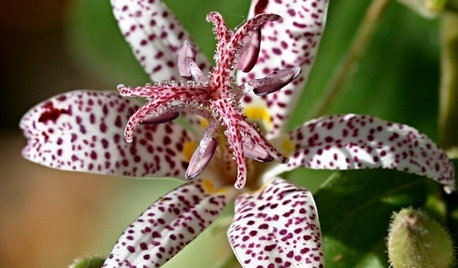
SUMMER GARDENING10 Perennials to Extend Your Garden's Summer Color
Revive summer-weary gardens with outstanding late bloomers such as toad lily, Russian sage, blanket flower and more
Full Story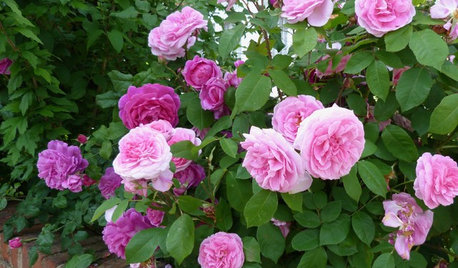
GARDENING GUIDESWhat Kind of Roses Should You Grow?
Want to add the beauty of roses to your garden? Find out which ones, from old-fashioned to modern, are right for you
Full Story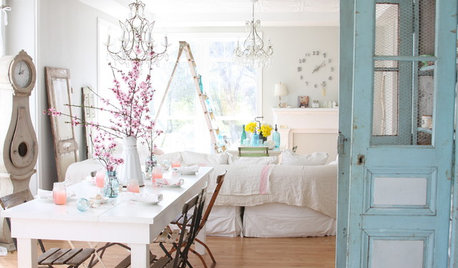
COLORS OF THE YEARPantone Has Spoken: Rosy and Serene Are In for 2016
For the first time, the company chooses two hues as co-colors of the year
Full Story
EDIBLE GARDENSHow to Grow Your Own Sweet Summer Crops
This guide will help any gardener get started on growing the freshest warm-season veggies and berries for summer
Full Story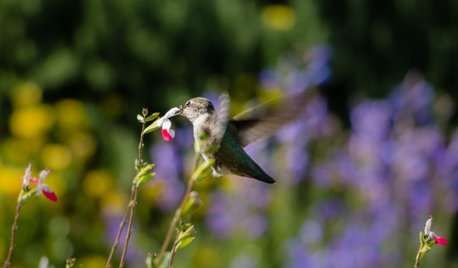
GARDENING GUIDESAttract Hummingbirds and Bees With These Beautiful Summer Flowers
Roll out a welcome mat for pollinators to keep your landscape in balance and thriving
Full Story
MOST POPULARHow to Get Rid of Those Pesky Summer Fruit Flies
Learn what fruit flies are, how to prevent them and how to get rid of them in your home
Full Story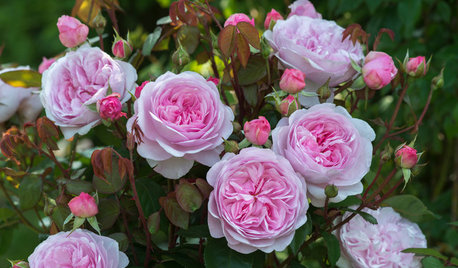
ROSES9 Roses That Landscape Designers Love
See which beautiful and reliable rose varieties are favored by designers around the country
Full Story
PETSHouzz Call: Show Us Your Summer-Loving Dog!
Share a photo of your pooch kicking back in the backyard, helping you in the workshop or enjoying your favorite summer getaway
Full StoryMore Discussions









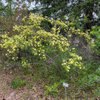
ingrid_vc zone 10 San Diego County